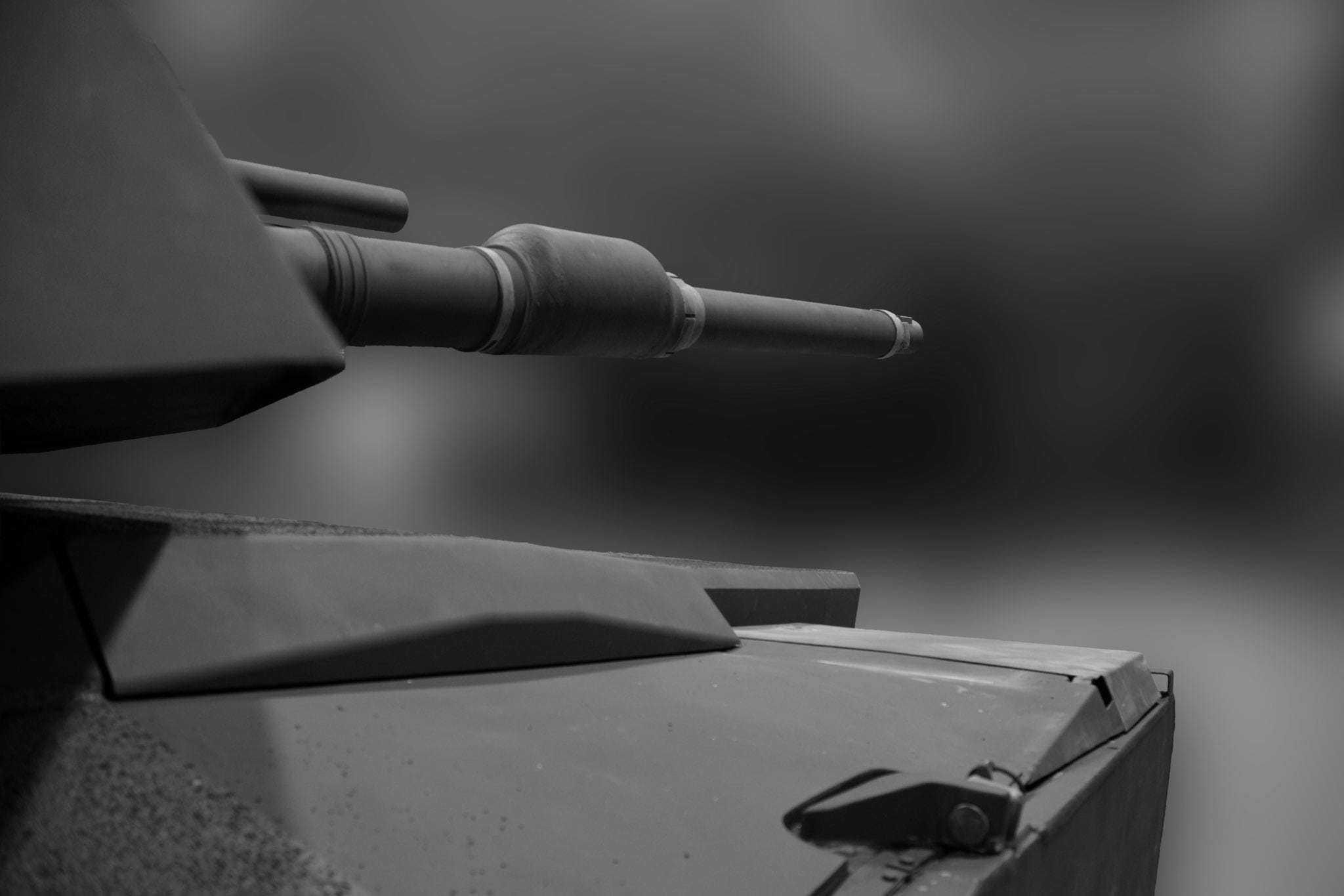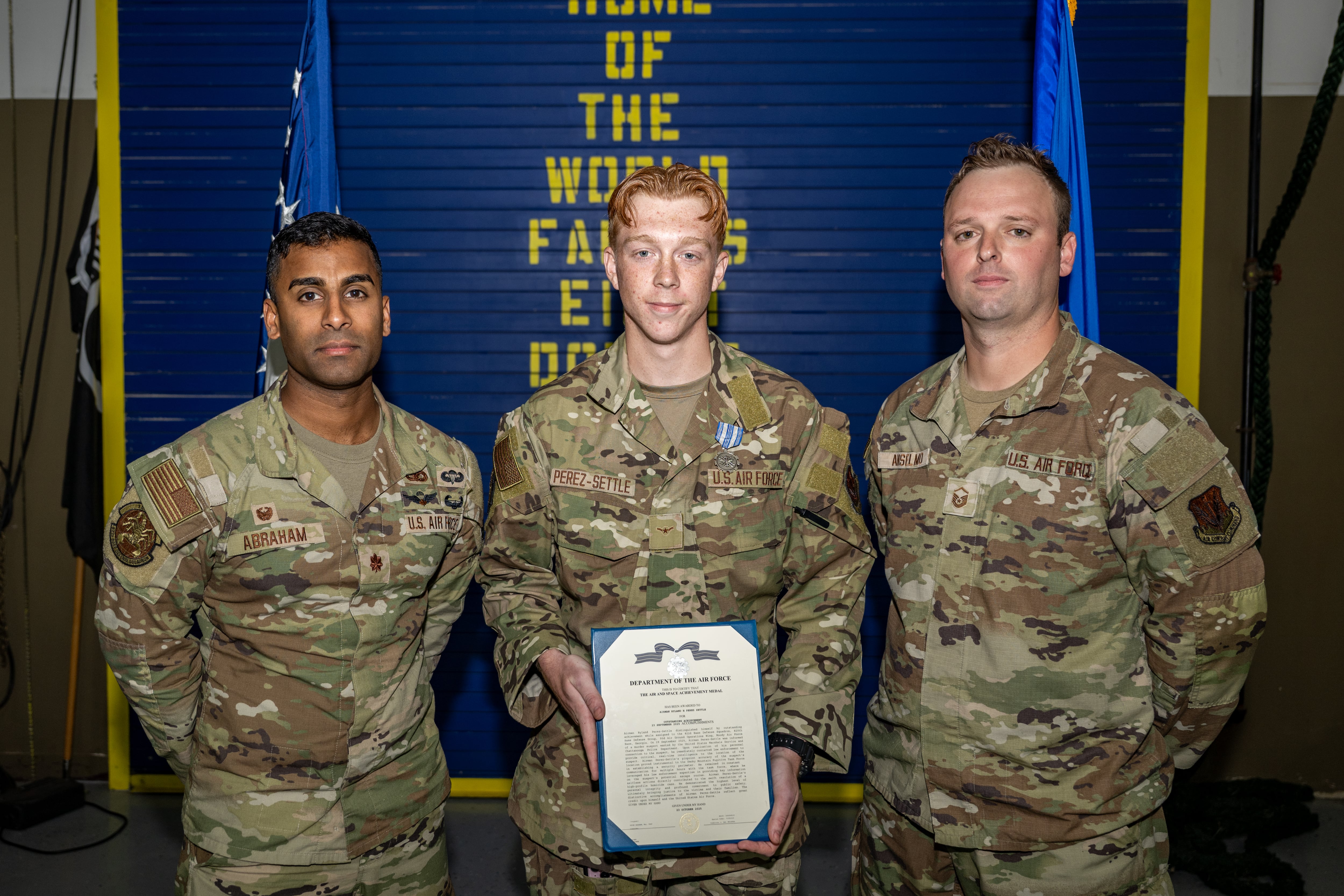The top U.S. envoy to Syria told reporters Wednesday that he was worried about the increasing number of incidents of Russian contractors pushing deep into U.S.-backed partner force territory in northeastern Syria.
A number of photos taken in January by Agence France-Presse photographer Delil Souleiman have depicted American Oshkosh M-ATV vehicles interdicting and blocking Russian armored vehicles along strategic roads in northeastern Syria.
James Jeffrey, the U.S. envoy to Syria, said Russians have on a “limited” number of occasions violated deconfliction agreements with U.S. forces by moving deep into Syrian Democratic Force’s territory.
There are worries the confrontations between Russian contractors and U.S. troops could spiral into conflict. Jeffrey commended the professionalism of U.S. troops on the ground for keeping these incidents with the Russians from escalating.
The number of times these incidents have occurred have been less than 20 percent, Jeffrey told reporters. But he explained that the Russian patrols into SDF territory have been increasing, and he described the trend as “troubling.”
RELATED
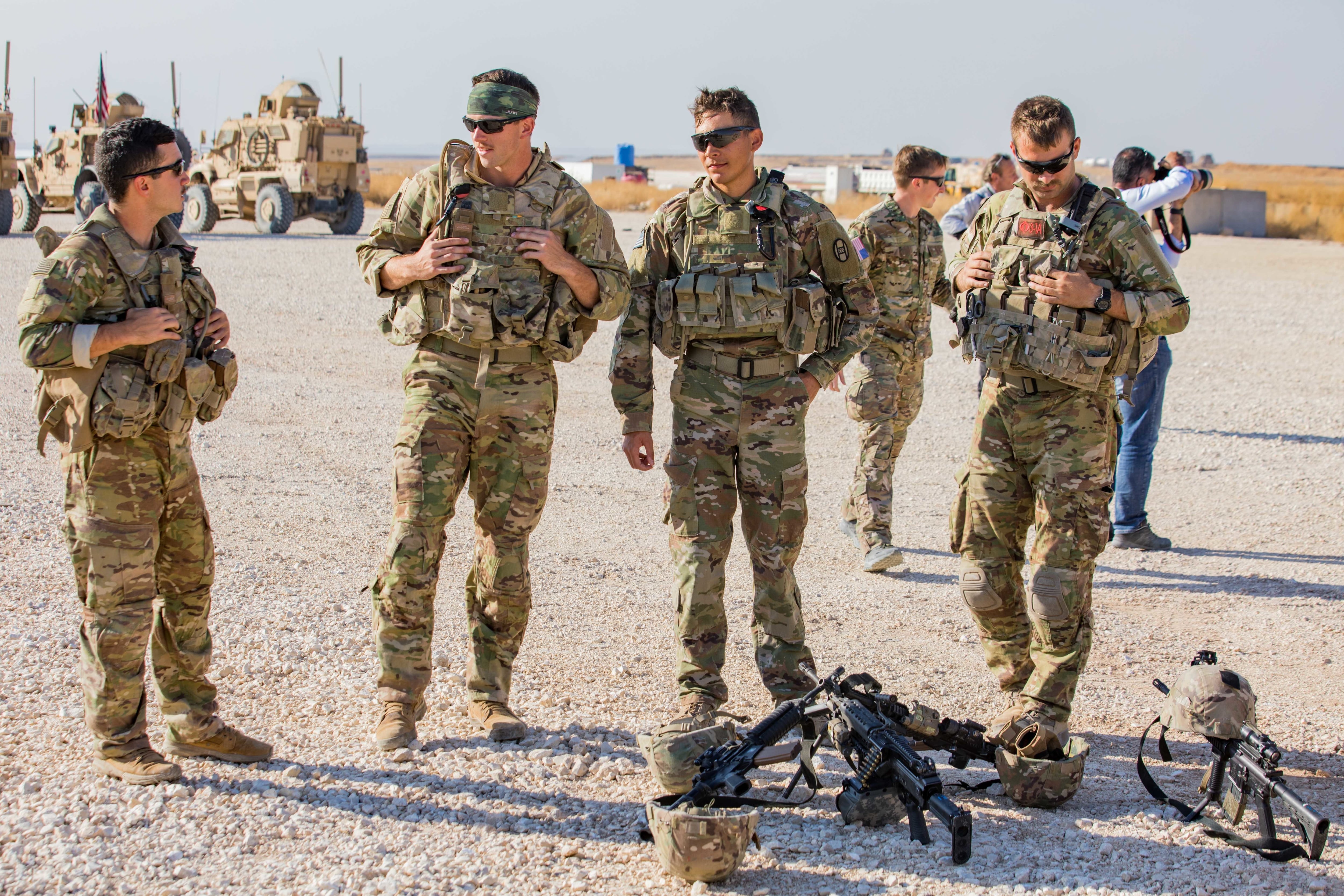
“Now, more serious is we have seen a number – a limited number of occasions, but we have seen them – were they have tried to come deep into the area where we and the SDF are patrolling, well inside the basic lines that we have sketched, not right along the borders. Those are the ones that worry me,” Jeffrey said Wednesday.
“But of course, any commander would be concerned about this, and we call upon the Russians to adhere fully to the deconfliction agreements we’ve made with them,” Jeffrey said.
Russian forces in Syria have legitimate needs to move troops around northeastern Syria, especially in areas around Qamishli where Russian and Syrian regime troops are operating, Jeffrey said.
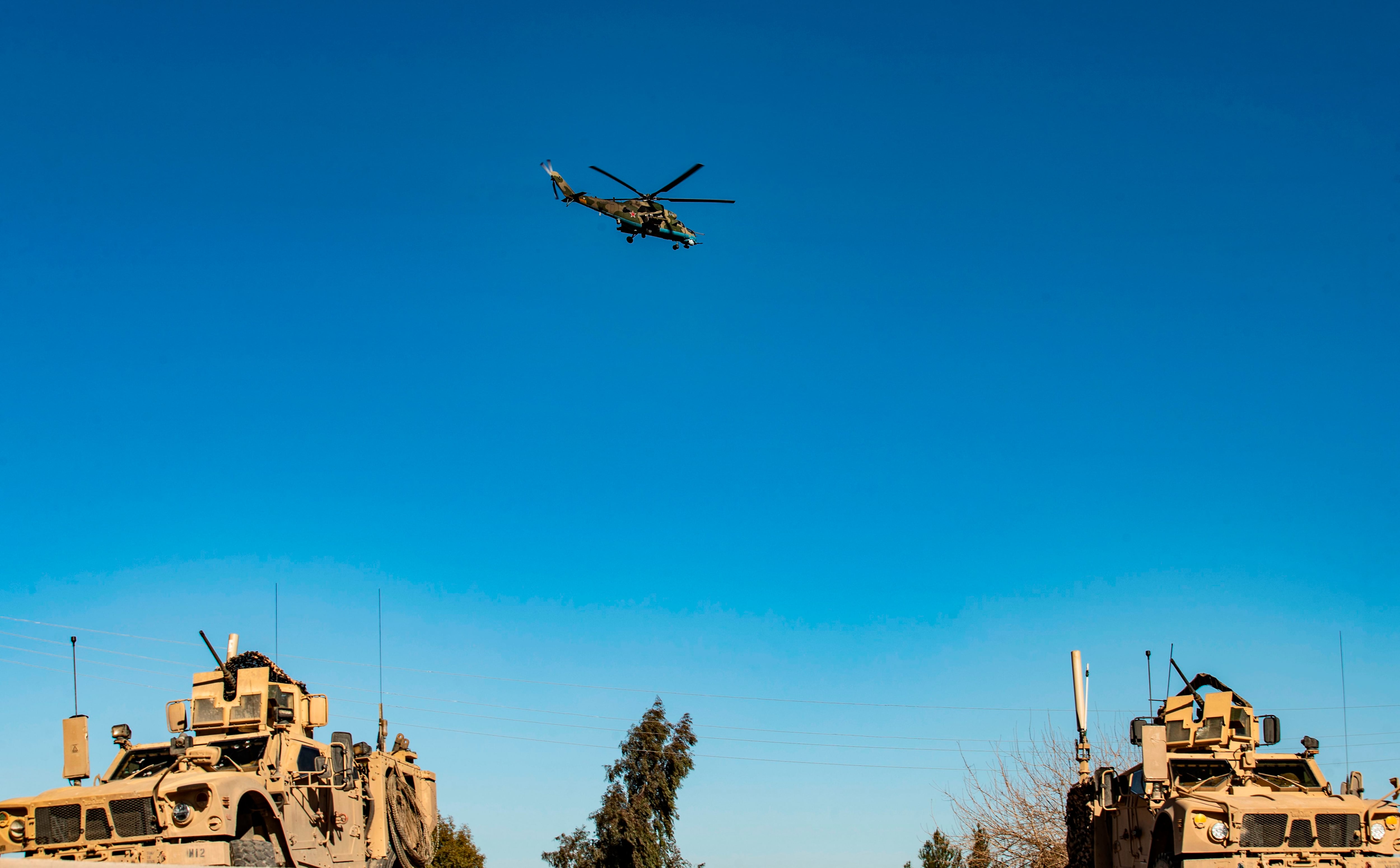
The U.S. has maintained deconfliction channels with Russian forces in Syria for several years. Those deconfliction hotlines were vital as the airspace in northern Syria became increasingly congested as SDF and American troops descended upon ISIS’ self-proclaimed capital of Raqqa in 2017.
Those deconfliction protocols were recently refreshed this past fall, according to Air Force Maj. Gen. Alexus Grynkewich, the deputy commander of Operation Inherent Resolve, the U.S.-led coalition against ISIS.
Northeastern Syria has become further clogged with other armed actors following President Donald Trump’s decision to partially withdraw U.S. troops from the country. U.S.-backed SDF forces seeking to fill the power vacuum in the wake of America’s departure invited Russian and Syrian regime forces.
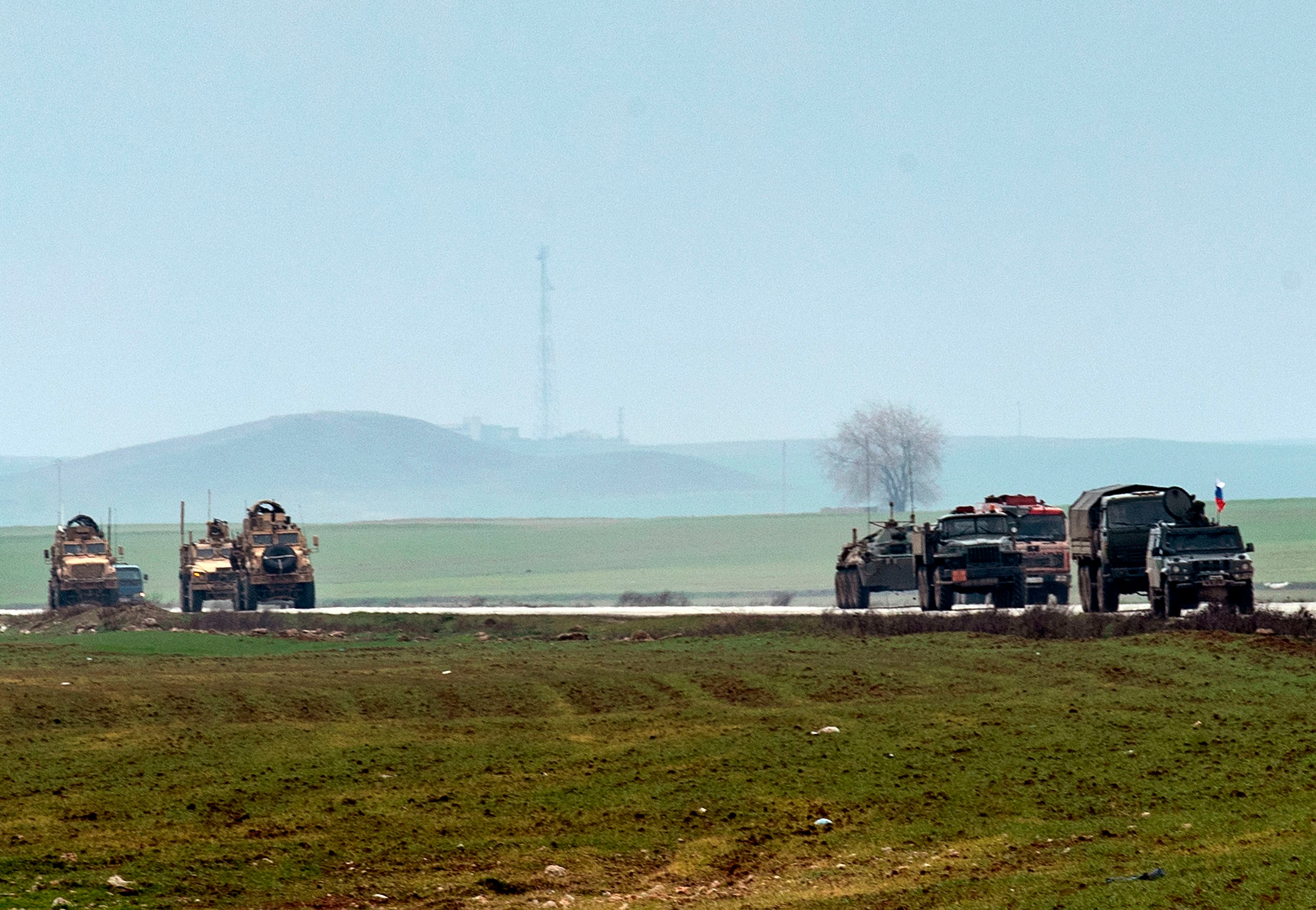
Reports from the battlefield have detailed Russian and Syrian forces moving into abandoned American bases.
Grynkewich, told reporters at the Pentagon in January that Russian and U.S. troops have had a number of different engagements on the ground and in the air.
U.S. troops had a deadly engagement with an unknown number of Russian mercenaries in Syria in Feb. 2018, after the mercenary force supporting pro-Syrian regime troops attacked U.S. partner forces in Deir ez-Zor province.
When asked by a reporter if Russians were trying to test American troops in the region, Grynkewich said “I think the Russians are always testing us.”
RELATED
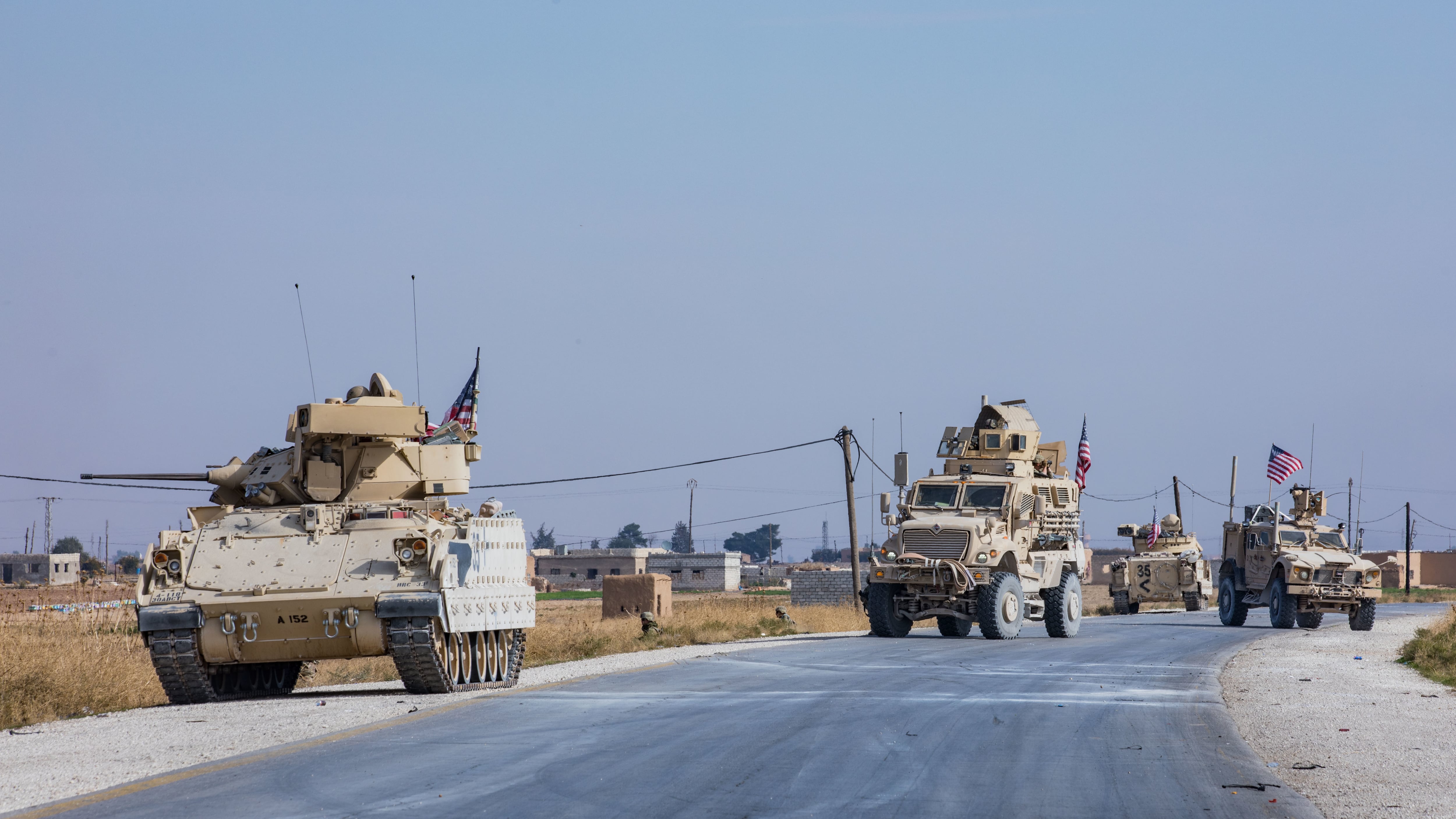
He said those incidents used to happen near the Syrian city of Manbij and sometimes in the air.
“Our message every single time is to try to de-escalate the situation, not take any provocative actions and ask them to adhere to the protocols. And most of the time, that’s what ends up happening. Not always, but most of the time,” Grynkewich said.
There is a process for deconfliction with Russian forces and sometimes the U.S. will let Russian aircraft fly into a particular area, Grynkewich explained.
“So it really varies situation to situation. In general terms we like them to stay out of the areas where our forces are on the ground,” he said. “Our charge is to make sure that we maintain superiority in the air over our forces, and I’m confident we’re able to do that.”
Shawn Snow is the senior reporter for Marine Corps Times and a Marine Corps veteran.

